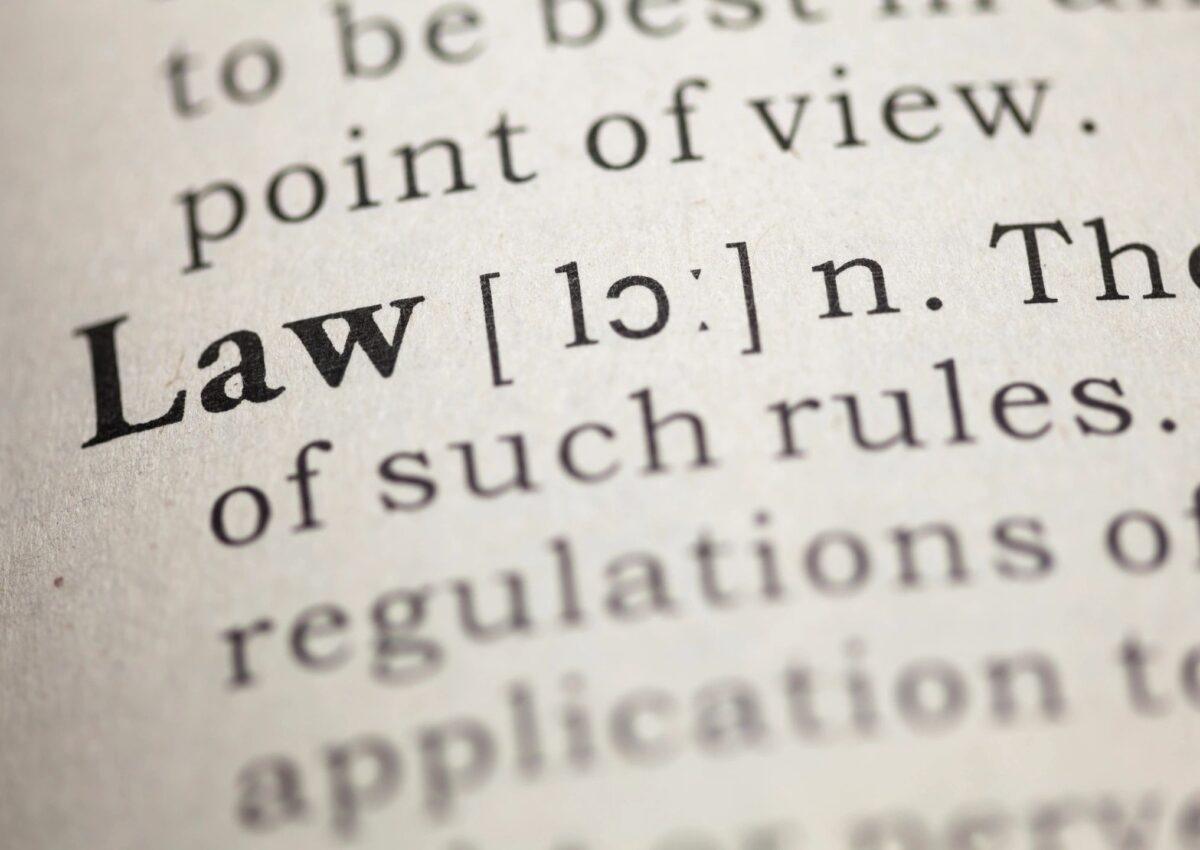
“Courts have fundamental inherent equity, supervisory, and administrative powers, as well as the inherent power to control the litigation before them. Thus, courts have inherent power to adopt any suitable method of practice, both in ordinary actions and special proceedings, if the procedure is not otherwise specified by statute or by rules adopted by the Judicial Council. That inherent power entitles courts to exercise reasonable control over all proceedings connected with pending litigation to insure the orderly administration of justice. The Legislature has also recognized the authority of courts to manage their proceedings and to adopt suitable methods of practice. Nevertheless, except when legislative action impinges on the exercise of fundamental judicial powers and thus violates the separation of powers doctrine, courts do not have the power to issue courtroom rules that conflict with any statute or are otherwise inconsistent with law. Similarly, the court’s inherent equitable power may not be exercised in a manner inconsistent with the legislative intent underlying a statute.Notwithstanding a court’s inherent powers, as a general rule a trial judge cannot overturn the order of another trial judge. The superior court’s jurisdiction to reconsider its rulings is generally to be exercised by the judge who made the original order. An exception to this rule applies when the record shows that the original judge is no longer “available.” Unavailability of the original judge is established if, for example, the judge has retired; but unavailability is not established by the mere fact that the original judge was transferred to another department of the same court.
The inherent supervisory or administrative powers that all courts possess to carry out their duties have been codified by the Legislature in CCP 128. That code section states “every court” has the power to do the following: Preserve and enforce order in its immediate presence. Enforce order in the proceedings before it, or before a person or persons empowered to conduct a judicial investigation under its authority. Provide for the orderly conduct of proceedings before it or its officers. Compel obedience to its judgments, orders, and process, and to the orders of a judge out-of-court in a pending action or proceeding. Control in furtherance of justice, the conduct of its ministerial officers, and of all other persons in any manner connected with a judicial proceeding before it, in every matter pertaining to that proceeding. Compel the attendance of persons to testify in a pending action or proceeding, in the cases and manner provided by statute. Administer oaths in a pending action or proceeding, and in all other cases when it may be necessary in the exercise of its powers and duties. Amend and control its process and orders so as to make them conform to law and justice. Furthermore, CCP 177 grants every judicial officer the power to do the following: Preserve and enforce order in the officer’s immediate presence, and in proceedings before the officer, when the officer is engaged in the performance of an official duty. Compel obedience to the officer’s lawful orders as provided by the Code of Civil Procedure. Compel the attendance of persons to testify in a proceeding before the officer, in the cases and manner provided by the Code of Civil Procedure. Administer oaths to persons in a proceeding pending before the officer, and in all other cases when it may be necessary in the exercise of the officer’s powers and duties. Prohibit activities that threaten access to state courthouses and court proceedings, and to prohibit interruption of judicial administration, including protecting the privilege from civil arrest at courthouses and court proceedings. Additionally, CCP 187 states the court has authority to exercise all the means necessary to carry its jurisdiction into effect. Furthermore, this code section sets forth that unless otherwise specified, the court may adopt any suitable process or mode of proceeding that conforms to the spirit of the Code of Civil Procedure. However, the court has no authority to order monetary sanctions under either CCP 128 or its inherent powers, as specific statutory authority is required. In addition to the numerous statutes permitting the court to grant monetary sanctions in particular circumstances, CCP 177.5 grants the court general authority to impose money sanctions of up to $1,500 in addition to any other sanctions provided by statute, payable to the court in which the judicial officer is located, for any violation of a lawful court order by any person (including a witness, a party, or a party’s attorney) done without good cause or substantial justification.”
[California Civil Courtroom Handbook & Desktop Reference [certain citations omitted]]
